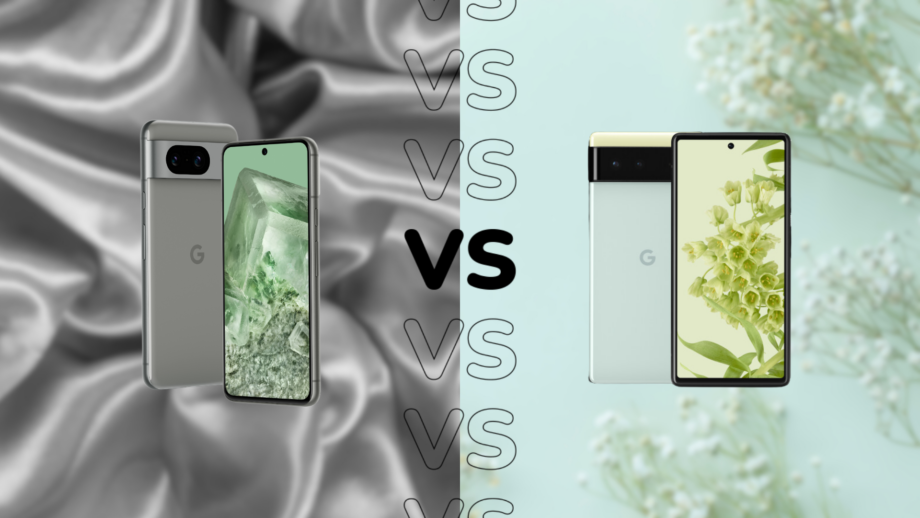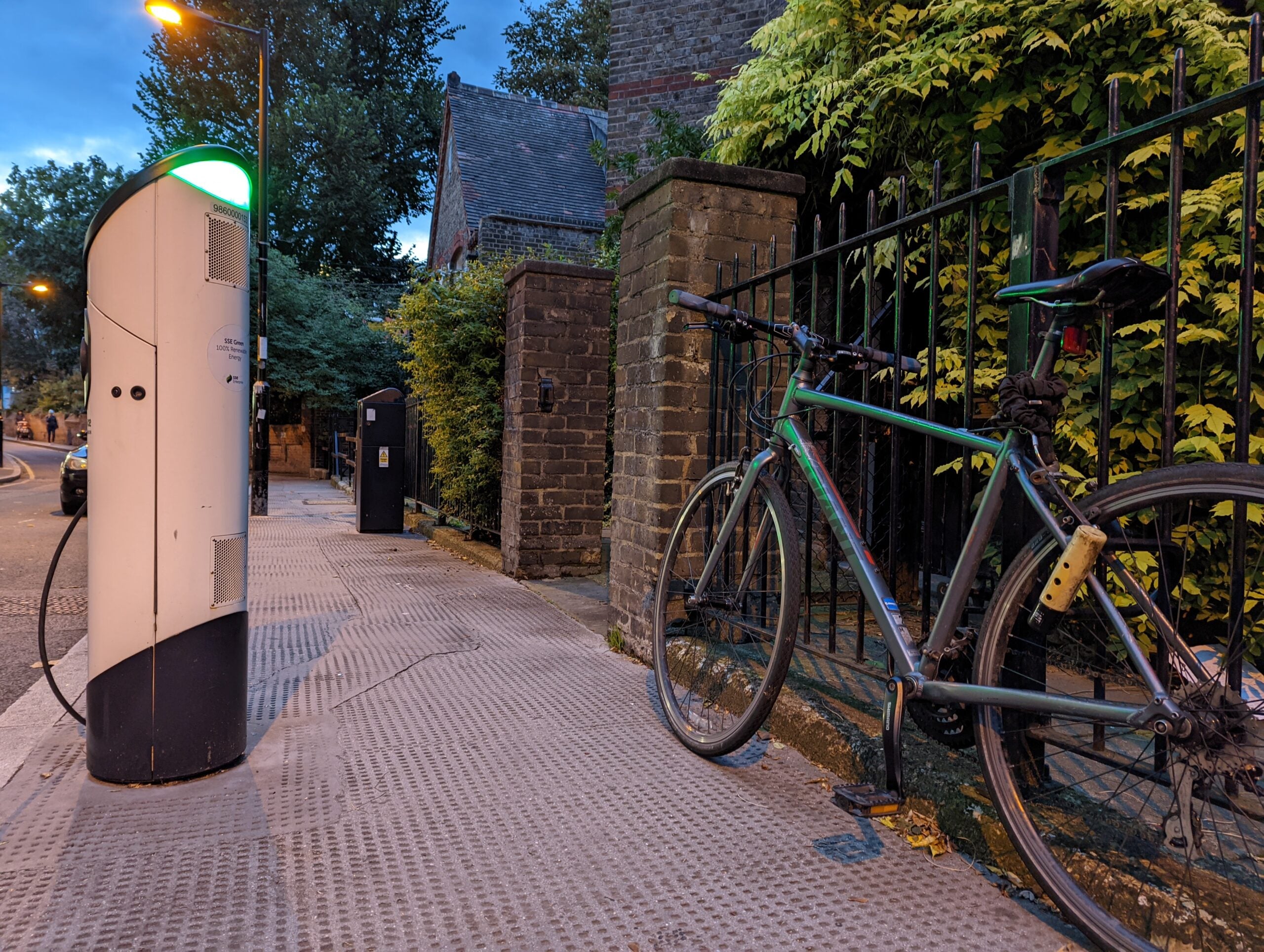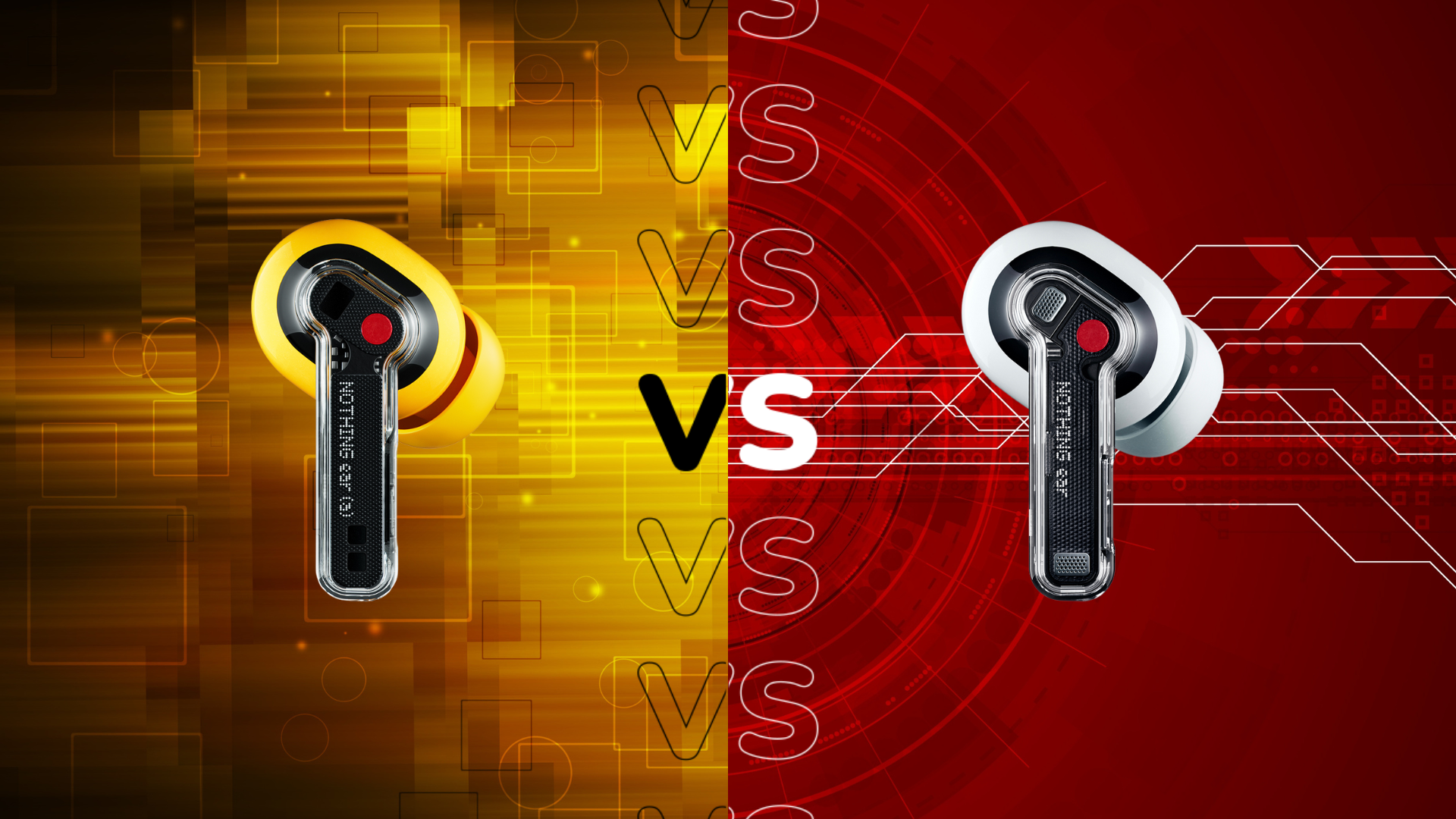Google Pixel 8 vs Google Pixel 6: Should you upgrade?

The Google Pixel 6 was the first smartphone to run on Google’s Tensor chip, but it’s now getting a little long in the tooth. The question is, is it worth upgrading to the newer Google Pixel 8?
The Pixel 8, which debuted in October 2023, certainly offers a refreshed experience compared to the older Pixel 6. It sports not only a third-gen Tensor G3 chipset but also software improvements, new AI photo editing features, and much more.
However, on the flip side, the Pixel 6 is much more affordable now than it once was. That could make it a much more tempting option if you’re not fussed about having the latest smartphone tech. We’ve spent a lot of time with both the Pixel 6 and Pixel 8, and here’s how they compare.
Pricing and availability
The Google Pixel 6 is currently not available to purchase directly through Google and is instead only available from third-party sites for as little as £179 at the time of writing.
The Pixel 8 is available, having only launched in October 2023, and currently starts at £699 / $699 / €799.
Design
It’s clear by simply looking at the Pixel 6 and Pixel 8 that the Pixel series hasn’t strayed from its traditional design, with both sporting a similar form factor.
Both have a protruding camera bar at the rear and a glossy finish, which, unlike the Pixel 8 Pro, means fingerprints tend to show up instantly. The two handsets also have an IP68 rating, which means they are water- and dust-resistant.
The Pixel 8 is slightly smaller at 6.2 inches compared to the Pixel 6’s 6.4 inches. It also boasts a higher refresh rate of up to 120Hz, whereas the Pixel 6 has just a 90Hz rate, which means you can expect smoother animations and scrolling on the Pixel 8.
Camera
Both handsets have a 50MP main camera and a 12MP ultrawide lens at the rear and boast photo-specific AI capabilities, thanks to their respective Tensor chips. It’s perhaps unsurprising, however, that as the newer model, the Pixel 8 boasts better AI capabilities.
While both include features such as the Magic Eraser tool, which easily removes distractions from images, the Pixel 8 includes more tools such as the Audio Magic Eraser, which removes unwanted background noise from videos and Best Take, which assists group shots by generating an image from everyone’s best shot.

Both smartphones are capable of taking images in most environments, from well-lit to low-light, with the Pixel 8 especially able to deliver “punchy” shots “with plenty of detail and impressively accurate colours.” In comparison, although we found that the Pixel 6 was capable, colours did tend to be either too vivid or slightly dull.

Performance
The Pixel 8 runs on the most recent Google Tensor chipset, the G3, whereas the Pixel 6 runs on the first Google Tensor chipset, G1. All three of Google’s Tensor have focused on AI over performance, with the newer G3 naturally boasting more AI capabilities. This includes the new Circle to Search tool, which allows you to search for anything you see on your phone screen, simply by drawing a circle around it.
Although the Pixel 8 has more AI-driven tools, both are packed with AI functions including voice-to-text translation and Google Translate capabilities.
Both offer responsive performance for everyday use, however the Pixel 8 naturally scored higher on our benchmark tests than the Pixel 6. We found the Pixel 6 received a Geekbench 5 single-core score of 1040 and a multi-core score of 2858, whereas the Pixel 8 received a Geekbench 6 single-core score of 1512 and a multi-core score of 4177.
Battery
Although the Pixel 6 has a slightly larger battery size, 4600mAh, compared to the Pixel 8’s 4575mAh, the two are fairly evenly matched when it comes to battery drain.
We found that an hour of Netflix streaming drained the Pixel 6 and Pixel 8 by 8%. We also found 30 minutes of light gaming saw a drain of just 7% on the Pixel 8 and 9% on the Pixel 6.
Google states that the Pixel 6 can support up to 30W wired and 21W wireless charging whereas the Pixel 8 supports 27W wired and 18W wireless charging. Although the faster charging support makes the Pixel 6 seem as though it should be faster, we found a full charge from 0-100% took 115 minutes, whereas it only took the Pixel 8 80 minutes.








